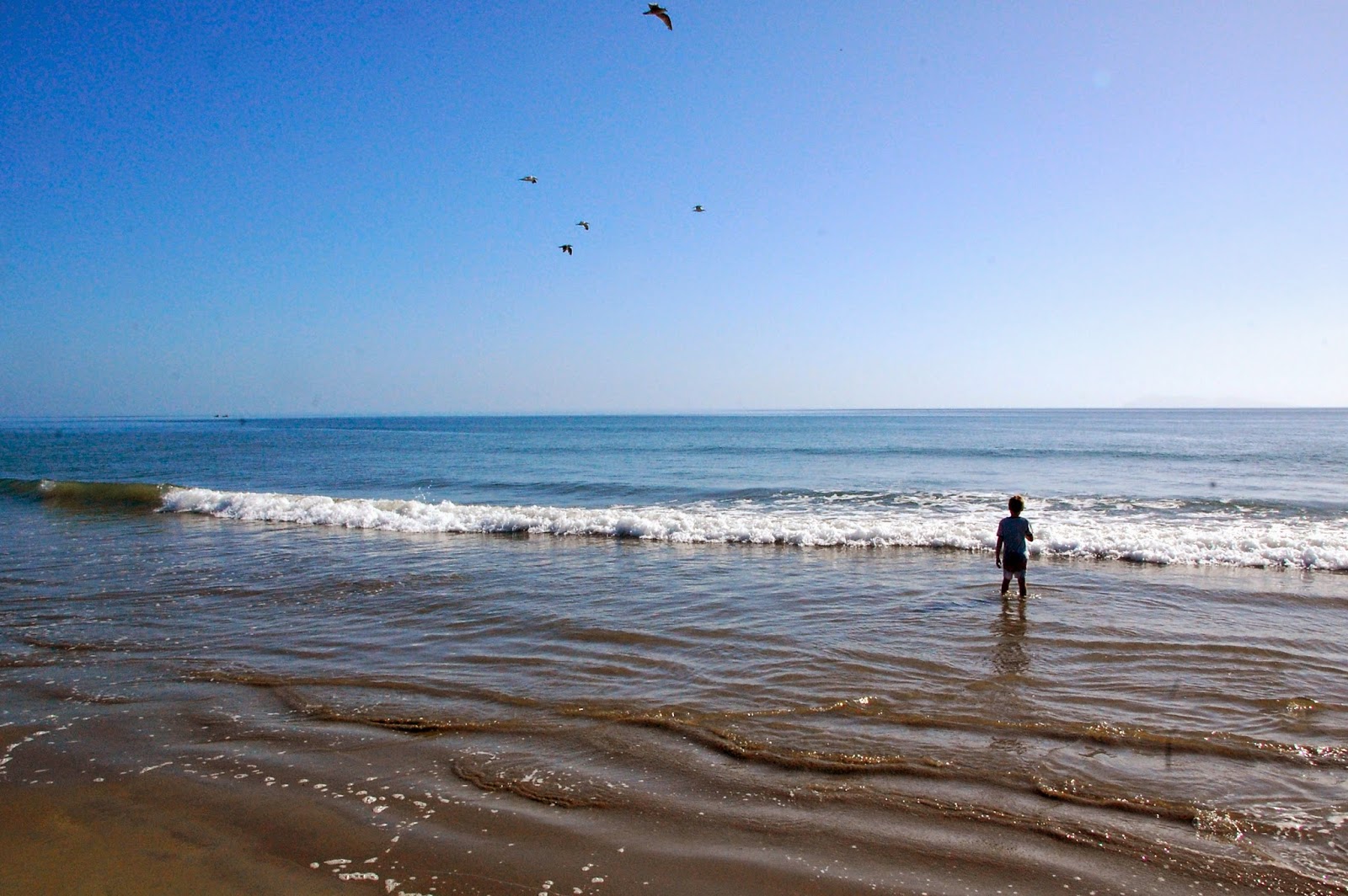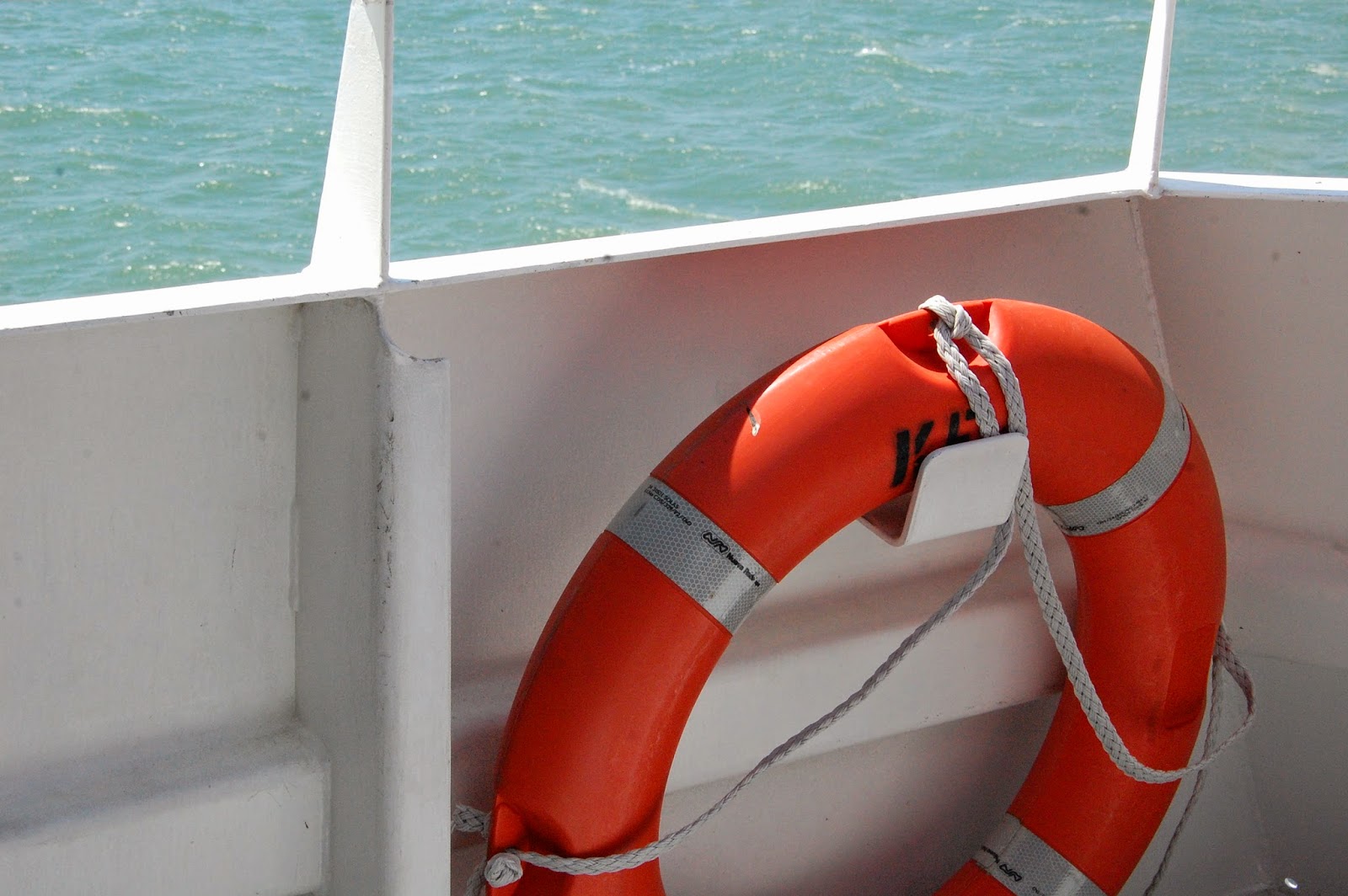I didn’t think I could be at home here, not on this earth anyway.
But even as the world’s definitions of belonging scramble to cover my ears, I keep hearing these words:
I’m bringing you home.

I don’t belong. Not by any Facebook categories or immigration form standards. I was born in Hawaii, my parents are Kiwi, I grew up traveling often– not only to New Zealand but also to Newcastle, Australia, throw in some international missions trips to Cambodia and Thailand and a multicultural education (literally- all of us had parents from different countries) with best friends from Fiji and South Korea and the USA? Yet, try as I might, I don’t fit exclusively in any of those nations.
Do any of us? YWAM kids grow up in this medley and since I was raised on one of the largest YWAM bases, there were always people like me. Hyphenated cultural confusions– living on neither land nor sea– constantly wondering whether you call those things on your feet “flip-flops”, “jandals”, “thongs”, or “slippers” (well, everyone KNOWS they are slippers!). Why do Americans still use “inches” and “feet”? Do you even put a “u” in color? We all had those questions snuggled resident in our heads, so that didn’t matter. We do belong in a place– wherever there’s multiple cultures and lots of travel. Doesn’t matter what country- we’re YWAM kids.

So, as we were taught, I asked God what to do with my life. Well, actually, he more imposed when I tried my hardest to avoid the family inheritance of being a teacher. It’s hard work! I complained. It’s boring! Mum and all my grandparents were teachers! Then of course, growing up on a YWAM base often means you get prophetic words early on. You’ll be a teacher, and that was that. In high school, I did ask God where to go. He nudged me towards one particular university in New Zealand. Yes!!! I got so excited to live in the motherland I had never spent more than a month at a time in.
What I didn’t realize is that I’d get homesick. Yeah, yeah, I missed Hawaii. I missed the warm weather and the random hikes to incredible waterfalls, the rice in every meal and the common understanding that if a friend asks you what time you’ll be somewhere, the time you say means the time you aim to leave your house. Yeah, yeah, I missed the USA– even though that was a shock. I missed “water” having an -ER on the end, strangers being extra-friendly, and people knowing what movie you’re quoting. Yeah, yeah, I miss that. What’s missing?––– [insert Kayla’s ringtone]
That’s right when she called me. I started this blog post over a week ago, until it was interrupted by my iPhone. It was Cora Dawson (on behalf of her and Matt), long-time family friends from YWAM– the same one who listened to me complain across a Cafe Botannix table a month ago. I want to be in Australia, I love the YWAM community, and in Kona people understand me more, and I know I am supposed to be here in New Zealand. But the monocultural environment like I have been in at university is so foreign to me… and on and on I go, trying to give a name to what I’m going through. She says it nonchalantly, as it’s something obvious to everyone except me.
“I think you’re homesick, Kayla,” and my heart knew it was true.

Homesick? In addition to being a YWAM kid, I am also what’s termed a Third Culture Kid (TCK). This is a someone who has spent a majority of his or her developmental years outside their parent’s home culture, who are characterized by having cross-cultural relationships and high mobility. What’s interesting is that despite whatever cultural combination (German-American? Korean-Kiwi? Hawaiian-Portuguese-American?) all TCKs have a similar “culture” as a result of their global experiences. Most YWAM kids are TCKs anyway, if not by definition– they are then CCKs (Cross-Cultural Kids), who have a similar set of emotional experiences of wondering where on earth is home.
This is what David Pollock and Ruth Van Reken, researchers who have written in depth on the TCK/CCK experience, say about this struggle.
… the truth is that while many TCKs do, indeed, find a deep sense of belonging and cultural balance in a culturally mixed setting, they and others may invalidate that since it doesn’t match our traditional expectations of how people find personal and group identity (Third Culture Kids: Growing Up Among Worlds, 2009).
I spent a majority of my three years at university mourning the loss of Hawaii as home, as USA as home. That was my cultural identity, right? I didn’t miss anything else, right? I blindly accepted that God had “called me out of YWAM” and that missing that– the family, the glorious multicultural mess, the normalcy– was a “lack of faith”. Yet as I read that quote curled up on my cousin’s guest-room couch (combined with Cora showing me you’re homesick!)… I became a person again. I was homesick– a normal feeling humanity– for my YWAM family.

Back to that phone call, and their proposition for me.
Wait– Oh finally, the reader breathes. Kayla is going to announce that she is going to work full-time in YWAM! Oh, I would love to! But the paradox is that it would be throwing out everything Jesus has taught me the past year. If YWAM is a culture, no… if YWAM is a family not an institution, surely I don’t have to be an employee to belong to it. Do I have to do a DTS to engrain the values which are so inherent to my being? Oh– I’d love to do a DTS and love to work full-time in a department on a base– so many YWAM kids do and God loves healing through it. But being part of the family of YWAM is not dependent on how well we write a support letters nor is it defined by our roles as DTS staff or outreach leader.
Therefore, if God tells me to go to university and not to do DTS– I am not divorcing myself from belonging to YWAM. Instead, I am on a journey home, as we all are.
Yet you don’t even have to know what YWAM is– we’re all on this journey going from employee to friend to family. Employees are identified by their work, friends belong in their relationship to the other as longs as that lasts. Yet that’s still not home. Family? I can never not be my Father’s daughter. I cannot shake off the memories, the joy, the pain, the stories of my home growing up with HIM– and unlike many people’s understanding of home, HE is portable between nations.

Oh, oh, but let’s get back to that phone call.
I didn’t think it was possible.
Well, I had started to believe at least the spiritual home was possible.
But. Jesus has this knack of weaving the spiritual and the natural together.
Lovely story short?
Cora called to ask if I was interested in living in a YWAM community house starting next year. It is still being built and is made available for long term staff as well as outreach teams from all over the world (particularly from Newcastle, Australia– because that’s where we come from in our YWAM story). Pray about it! she instructed even though I was exploding yes! However, like a good YWAM kid, I did ask God about it– as soon as I hung up the phone.
Marching across the Bethlehem College field in “prayer”, I spluttered to Him: But I need a job! You can’t provide me a house before a teaching job! I don’t even know if I am staying in Tauranga!
And I heard this:
I’m providing a place of belonging before I provide a place of doing.

Am I joining full time staff? No. Am I aiming to teach full time next year? Yes. Do I know where I’m working? No.
But do I know what family I’m a part of?
Yes.
And that has pulled me from homesickness
to hope.

Go instead to my brothers and tell them,
‘I am ascending to my Father and your Father,
to my God and your God.’”
-John 20:17


